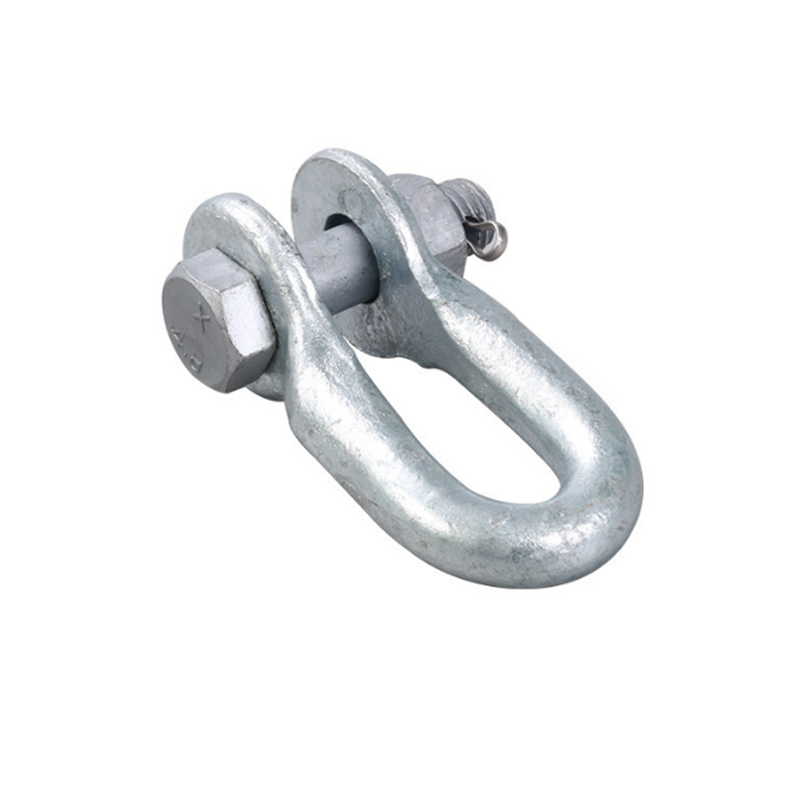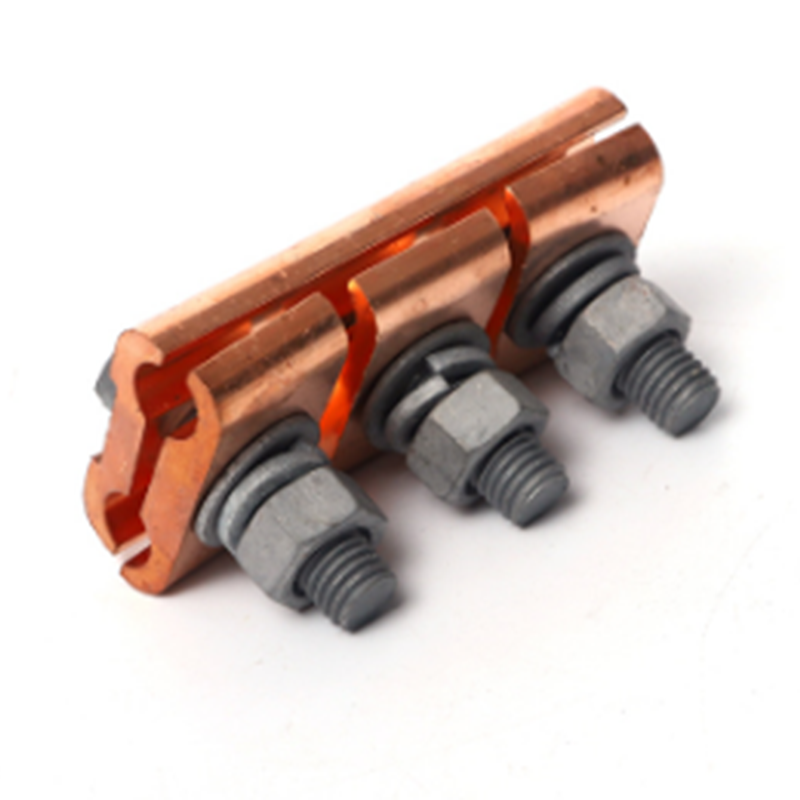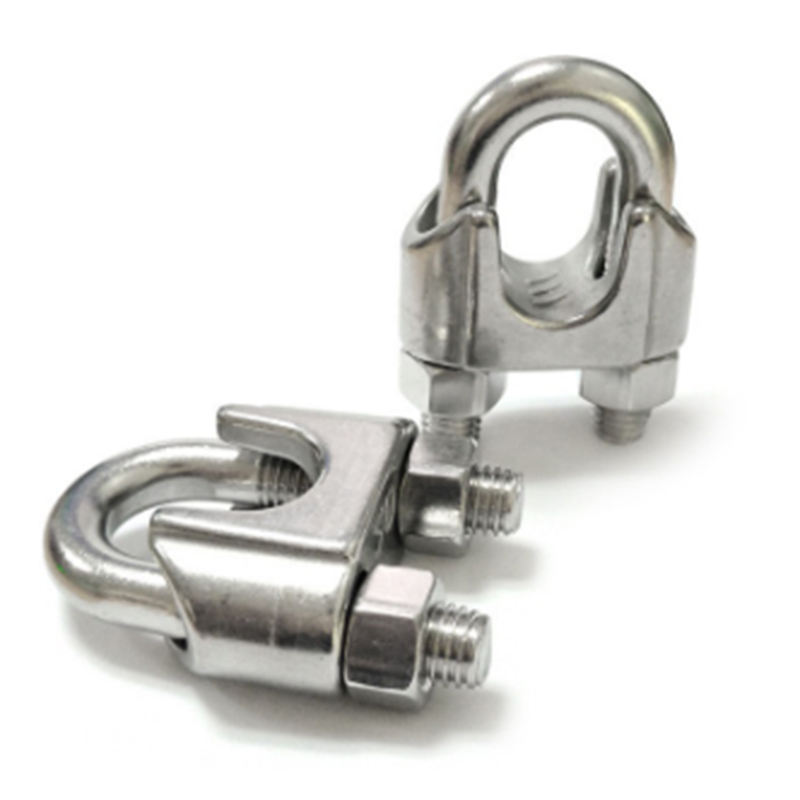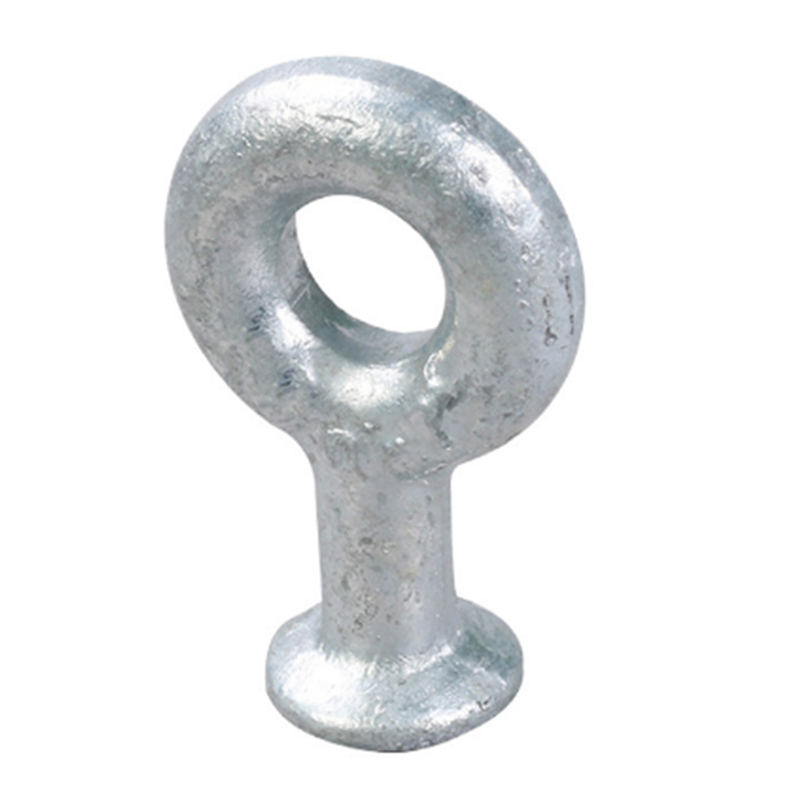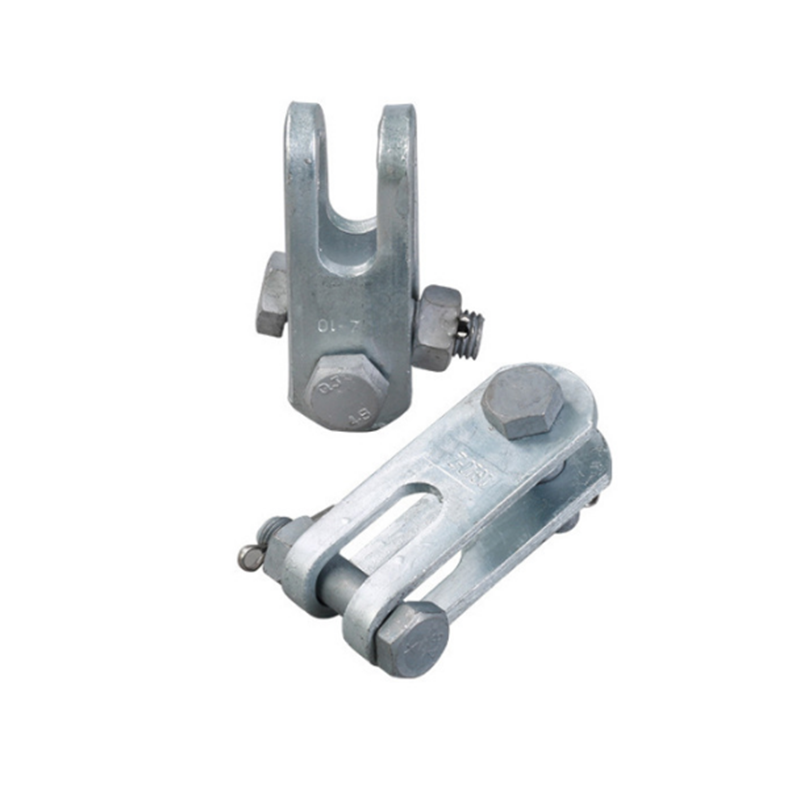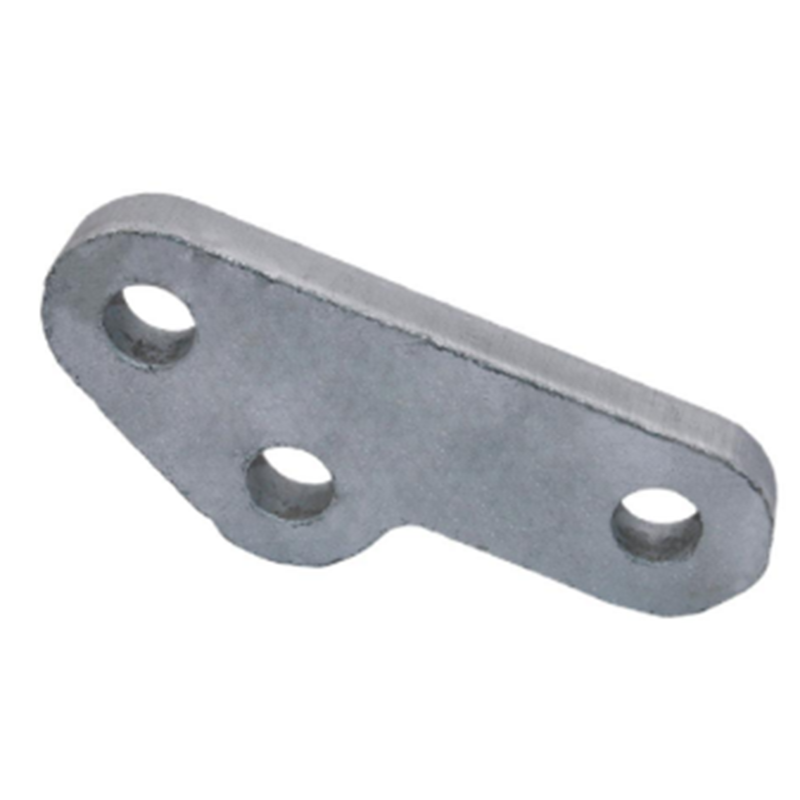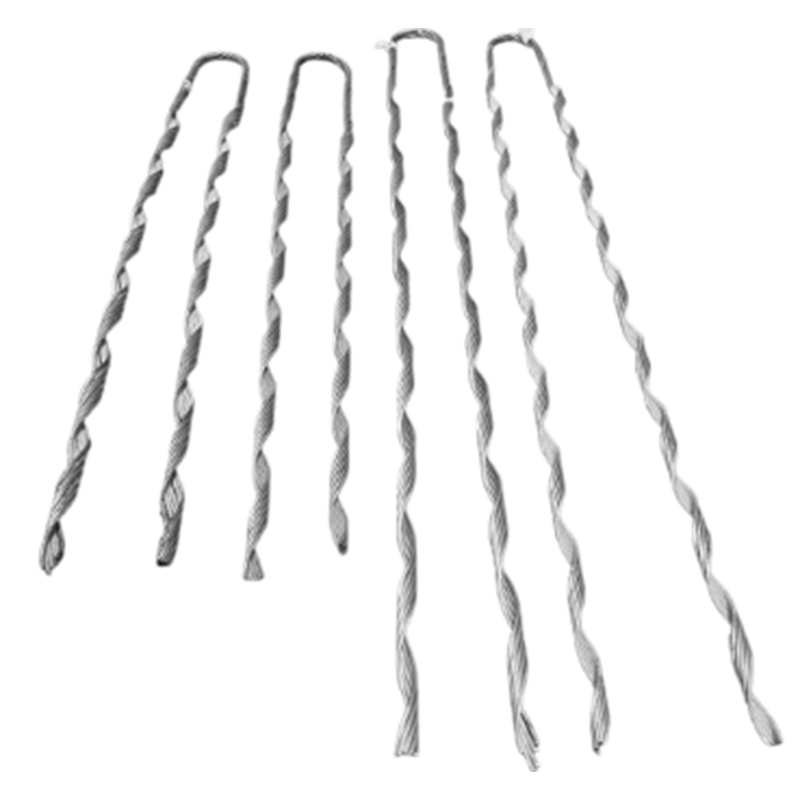- Chinese
- French
- German
- Portuguese
- Spanish
- Russian
- Japanese
- Korean
- Arabic
- Irish
- Greek
- Turkish
- Italian
- Danish
- Romanian
- Indonesian
- Czech
- Afrikaans
- Swedish
- Polish
- Basque
- Catalan
- Esperanto
- Hindi
- Lao
- Albanian
- Amharic
- Armenian
- Azerbaijani
- Belarusian
- Bengali
- Bosnian
- Bulgarian
- Cebuano
- Chichewa
- Corsican
- Croatian
- Dutch
- Estonian
- Filipino
- Finnish
- Frisian
- Galician
- Georgian
- Gujarati
- Haitian
- Hausa
- Hawaiian
- Hebrew
- Hmong
- Hungarian
- Icelandic
- Igbo
- Javanese
- Kannada
- Kazakh
- Khmer
- Kurdish
- Kyrgyz
- Latin
- Latvian
- Lithuanian
- Luxembou..
- Macedonian
- Malagasy
- Malay
- Malayalam
- Maltese
- Maori
- Marathi
- Mongolian
- Burmese
- Nepali
- Norwegian
- Pashto
- Persian
- Punjabi
- Serbian
- Sesotho
- Sinhala
- Slovak
- Slovenian
- Somali
- Samoan
- Scots Gaelic
- Shona
- Sindhi
- Sundanese
- Swahili
- Tajik
- Tamil
- Telugu
- Thai
- Ukrainian
- Urdu
- Uzbek
- Vietnamese
- Welsh
- Xhosa
- Yiddish
- Yoruba
- Zulu
- Kinyarwanda
- Tatar
- Oriya
- Turkmen
- Uyghur

Ordinary washing machine
The Realities of Using an Ordinary Washing Machine
When faced with the task of laundry, many of us naturally gravitate towards the ordinary washing machine, largely because it’s a household staple. Yet, not many realize the intricacies involved in its operation and maintenance. Here, we unravel a few common misconceptions while sharing hands-on advice from the field.
Understanding the Basic Functionality
At its core, an ordinary washing machine is designed for straightforward tasks: washing, rinsing, and spinning. But while this seems simple, there's more beneath the surface. The key to performance often lies in selecting the right settings, which requires some practical knowledge. For instance, the fabric type determines the water temperature and spin speed. Casual users might overlook this detail, leading to less efficient washing or even fabric damage.
In practice, this means a bit of trial and error is necessary. Consider a standard load of mixed fabrics: selecting the correct cycle could enhance the wash significantly. Always err on the side of caution with delicates, using colder water and gentler spin cycles, even if it means running shorter loads more frequently.
An anecdote from my own experience — early in my career, I once encountered a persistent issue with an ordinary washing machine that seemed to underperform. Eventually, it turned out the solution was a simple settings adjustment based on the specific clothes we frequently washed, particularly synthetics.
Troubleshooting Common Problems
Ordinary washing machines can develop hiccups that puzzle many users. Common issues include odd noises, leaking, or incomplete cycles. The first step, often overlooked, is to consult the manual. It might seem mundane, but many problems can be solved by correctly configuring the internal settings or by rebalancing the load.
In cases like leaking, it’s crucial to check the hoses and connections. Even better, a visual inspection every few months prevents unforeseen emergencies. I remember a particularly wet lesson learned in a basement where a loose connection flooded the floor overnight. It taught me the value of regular checks.
For noises, it might be an obstruction in the drum or something as simple as a loose coin. Regular maintenance and occasional professional servicing can extend the life and efficiency of the machine considerably.
Optimal Detergent Use
The great debate: powdered versus liquid detergent. This is less about the washing machine itself and more about user preference and specific washing needs. However, there’s no denying that overuse of any detergent leads to buildup issues — a fact that leads many to underappreciate the efficiency of lower quantities.
When dealing with certain types of loads, I've found liquid detergent to dissolve and rinse out more effectively. However, economy and effectiveness are maintained by measuring per load; most people tend to use more than necessary, believing more soap equals cleaner clothes.
A related tip is to opt for formulations tailored for high-efficiency washers if applicable, as they require less water and suds to work effectively. Trust me, your ordinary washing machine will thank you.
Enhancing Performance with Accessories
While many view washers as stand-alone appliances, numerous accessories can enhance performance. From mesh bags for delicates to specialized cleaning tablets, these add-ons often prevent wear and tear and ensure long-term efficiency.
At Shengfeng Hardware Fastener Factory, where we stay near National Highway 107, we’ve occasionally recommended specific fasteners and fittings that prolong the lifespan of attachments within the machine itself — advice stemming from our extensive manufacturing experience in nuts and bolts.
Moreover, using adjustable pedestals can minimize vibration if the washer isn’t on a perfectly flat surface, thereby reducing the wear on internal components over time. Always ensure proper balance before every use.
Considering Environmental Impact
Finally, an increasingly pressing concern is the environmental footprint of ordinary washing machines. The choice of cycle duration, water usage, and energy efficiency plays into broader ecological consequences.
It’s beneficial to invest time in understanding energy star ratings and optimal use of economy settings that lower electricity and water consumption. In our industrial setting at Shengfeng, these measures have translated into tangible savings and a lighter environmental impact over the years.
Using cold water settings when possible, air-drying, and ensuring full loads without overloading can cumulatively foster eco-friendliness. Every little bit helps in today’s climate-conscious world.
Соответствующая продукция
Соответствующая продукция






